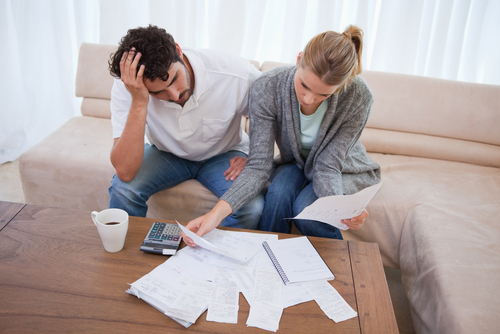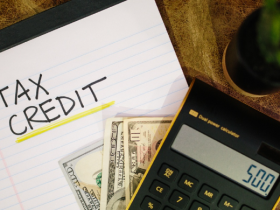Many men and women are feeling an overwhelming financial strain during this current economic downturn. For some, bankruptcy appears to be the only option to getting ahead of their financial obligations and out from under their insurmountable amount of debt.
However, although bankruptcy is an option, recent legal changes have made filing for bankruptcy both a difficult and costly process. Before deciding on bankruptcy, consider these six alternatives:
1. Look at the Budget
As part of the bankruptcy policy, consumers are required to take a credit counseling class for the purpose of helping consumers examine their expenses and income in order to determine if bankruptcy is the right option. Sometimes there are ways to cut back and save money, such as using a less expensive TV company, like portland fios, or refinancing your home in order to cut your mortgage bill.
2. Prioritize Payments
Most people who are considering bankruptcy are struggling to manage multiple debts. Often, when it comes to debt, it can be confusing to figure out which payments to make first. The high interest ones? The smallest ones? Or the most important?
Usually, it is advised that the most important payments be taken care of first, such as car payments and home mortgage payments since they are people’s most important assets. Although credit card companies are aggressive, do not feel bullied into paying off those debts first. Credit card debt is far less important than losing your home.
3. Get Professional Help
No matter what, before determining what to do, talk with a financial advisor. Financial advisors can sit down and help a person map out their debt, their options, and provide a future look into their financial state.
If you and your financial advisor determine bankruptcy is the best course of action, then seek out a bankruptcy attorney. Most initial consults are free of charge, and there are many attorneys who are looking for pro-bono work.
4. Credit Score
Even though most people who are close to filing for bankruptcy already have poor credit reports, it is wise to consider how bankruptcy will affect your credit report. Bankruptcy, under federal law, can be reported on your credit report for up to 10 years while bad credit stays for only about seven years.
5. Other Options
Exhaust all other options before filing for bankruptcy like debt settlement programs, negotiating alternate payment plans with credit and loan lenders, or spreading around your debt between credit cards in order to even out your debt-to-income ratio.
6. Try To Keep Big Assets After Filing
Many worry that filing for bankruptcy will force creditors to come after their car or house. However, though laws vary by state, most people who file for bankruptcy are able to hang on to both assets. When speaking with your bankruptcy attorney, ask how you can keep creditors from taking these assets.
Before filing for bankruptcy, be sure to check out all other available options in order to do what is best for your financial situation.
























